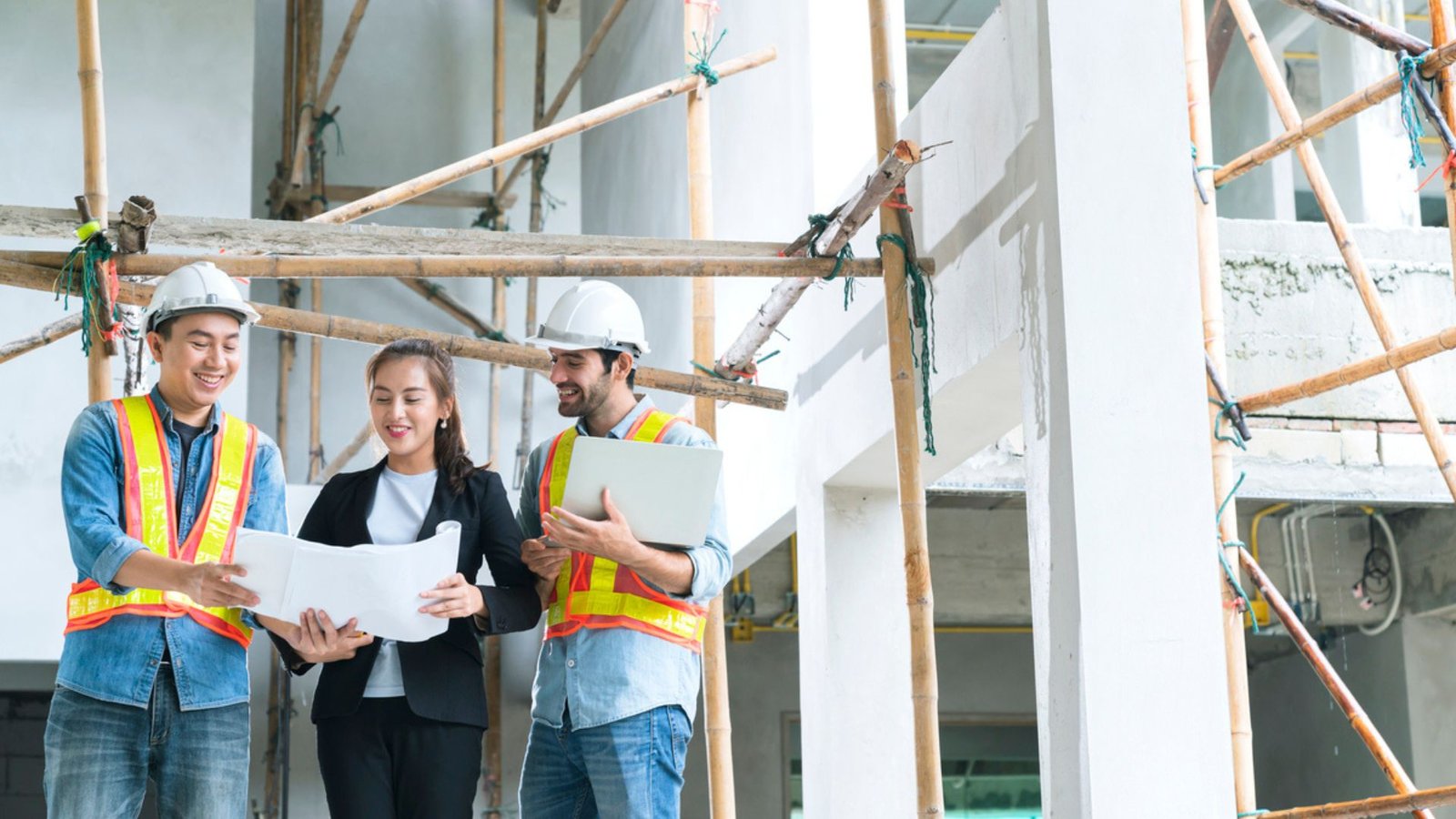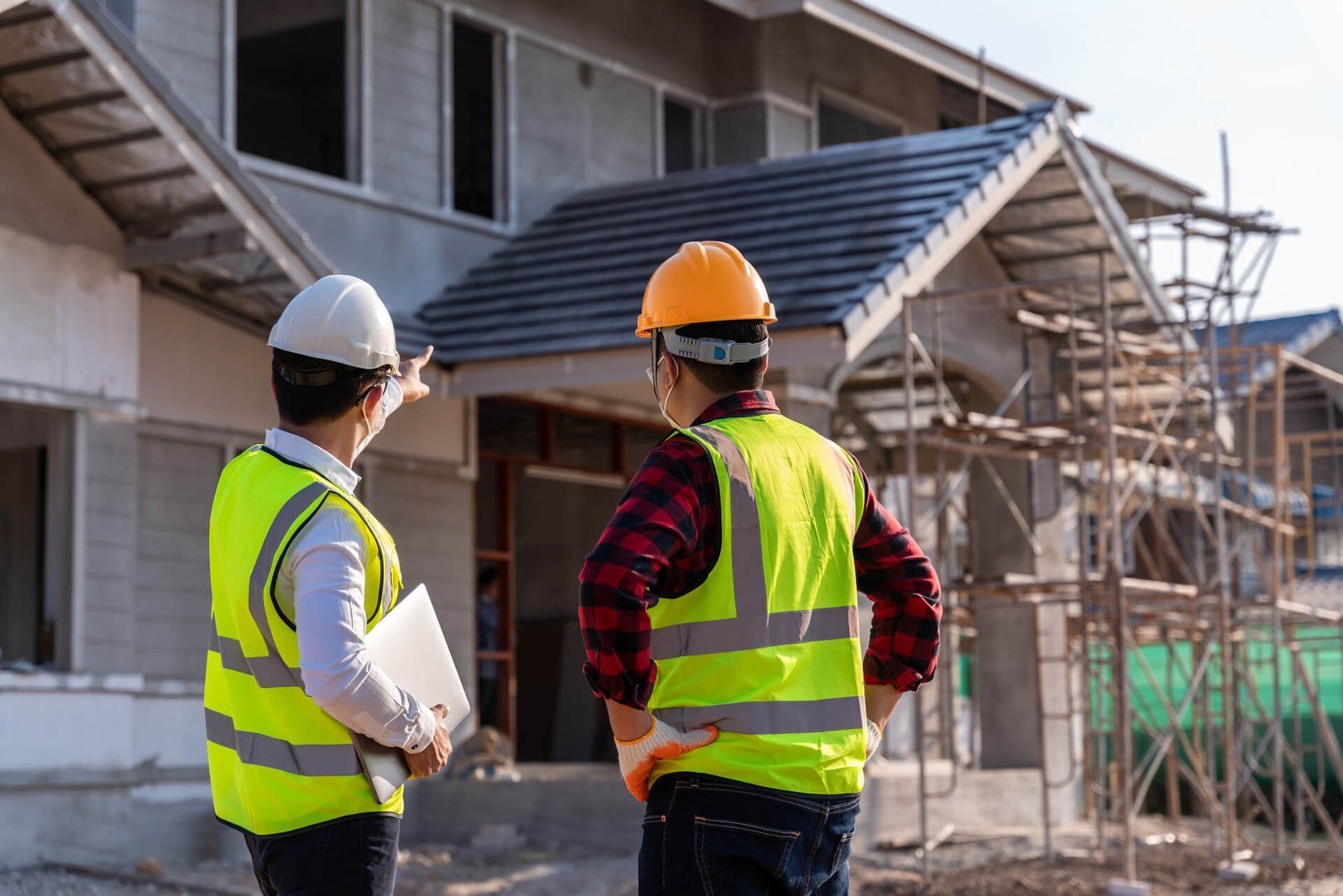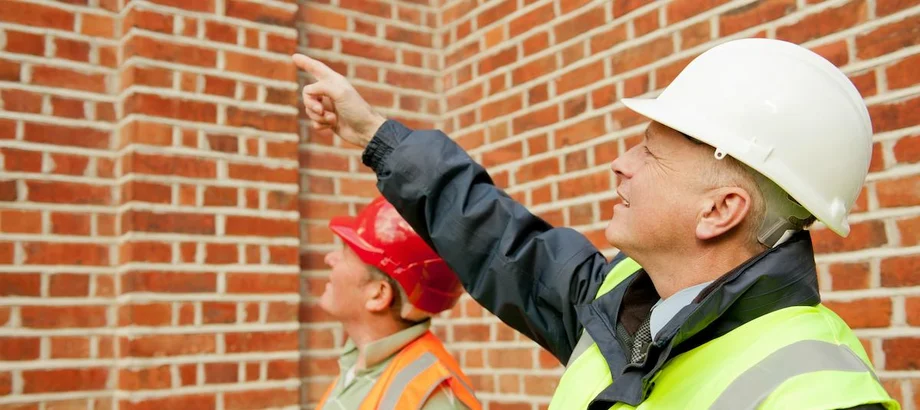When starting a construction project, communicating expectations to your builder is one of the most important steps to ensure success. Miscommunication can lead to delays, cost overruns, and unsatisfactory results. By being clear and consistent, you can set a solid foundation for your project. In this article, we’ll share practical tips for effectively communicating expectations to your builder, helping you avoid misunderstandings and achieve your desired outcome.
Start with a Detailed Plan
A detailed plan is the cornerstone of effective communication. Before engaging your builder, make sure you have a clear vision of your project. This includes architectural drawings, material specifications, and a timeline. Share these documents with your builder to provide a clear reference point. When both parties understand the scope of the project, communicating expectations to your builder becomes much smoother.

Be Clear and Specific
Ambiguity is the enemy of good communication. When discussing your project, be specific about what you want. For example, instead of saying, “I want a modern kitchen,” explain the style, materials, and appliances you prefer. The more detailed your explanation, the easier it will be for the builder to deliver on your expectations.
Establish a Written Agreement
A written agreement is a vital tool for avoiding misunderstandings. Ensure that all key aspects of your project, such as costs, timelines, and responsibilities, are documented in the contract. Written agreements serve as a reference point and help clarify any discrepancies. This step is crucial in maintaining clear communication with your builder throughout the project.
Set Realistic Expectations
While it’s essential to communicate your desires, it’s equally important to remain realistic. Understand the limitations of your budget, materials, and timeline. Discuss these factors openly with your builder to ensure your expectations align with what is feasible. Setting realistic expectations from the start fosters trust and prevents future disappointments.
Schedule Regular Updates
Keeping the lines of communication open is vital. Schedule regular check-ins with your builder to discuss progress, address concerns, and make adjustments if necessary. These meetings provide an opportunity to ensure that your expectations are being met and to resolve any issues promptly. Consistent updates are a great way to reinforce your expectations and maintain a productive relationship.
Use Visual Aids
Sometimes words alone aren’t enough to convey your ideas. Using visual aids like mood boards, sketches, or reference photos can help bridge the gap. These tools give your builder a clear understanding of your vision, making it easier for them to deliver results that align with your expectations.
Discuss Potential Challenges
Every construction project comes with its own set of challenges. Address potential obstacles with your builder early on, such as weather delays or material shortages. Being proactive about these issues allows both parties to plan accordingly and adjust expectations as needed.
Be Open to Feedback
While communicating expectations to your builder is essential, it’s also important to listen. Builders have experience and expertise that can provide valuable insights. Be open to their suggestions and take their advice into consideration. This collaborative approach can lead to better results and smoother project execution.
Maintain Respect and Professionalism
Respect and professionalism are key to effective communication. Approach your builder with courtesy, even when discussing concerns. A respectful tone encourages collaboration and ensures that your expectations are taken seriously. Constructive communication helps resolve conflicts and keeps the project moving forward.
Document Changes and Agreements
Construction projects often involve changes along the way. Whether it’s a design alteration or a material substitution, ensure that all changes are documented and agreed upon in writing. This prevents confusion and keeps everyone on the same page. Proper documentation is an essential aspect of maintaining clear communication.
Conclusion
Communicating expectations to your builder is the foundation of a successful construction project. By starting with a detailed plan, being clear and specific, and fostering open communication, you can avoid misunderstandings and ensure your project stays on track. Remember to set realistic expectations, maintain professionalism, and document everything. With these tips, you can build a strong working relationship with your builder and achieve the results you desire.
Ensure Your Home’s Safety with Holmes Inspection
Holmes Inspection offers comprehensive home inspection services, providing detailed reports to help you make informed decisions about your property. Their expert team meticulously examines every aspect of your home, from the foundation to the roof, ensuring your peace of mind. For another form of entertainment, Check this out.




